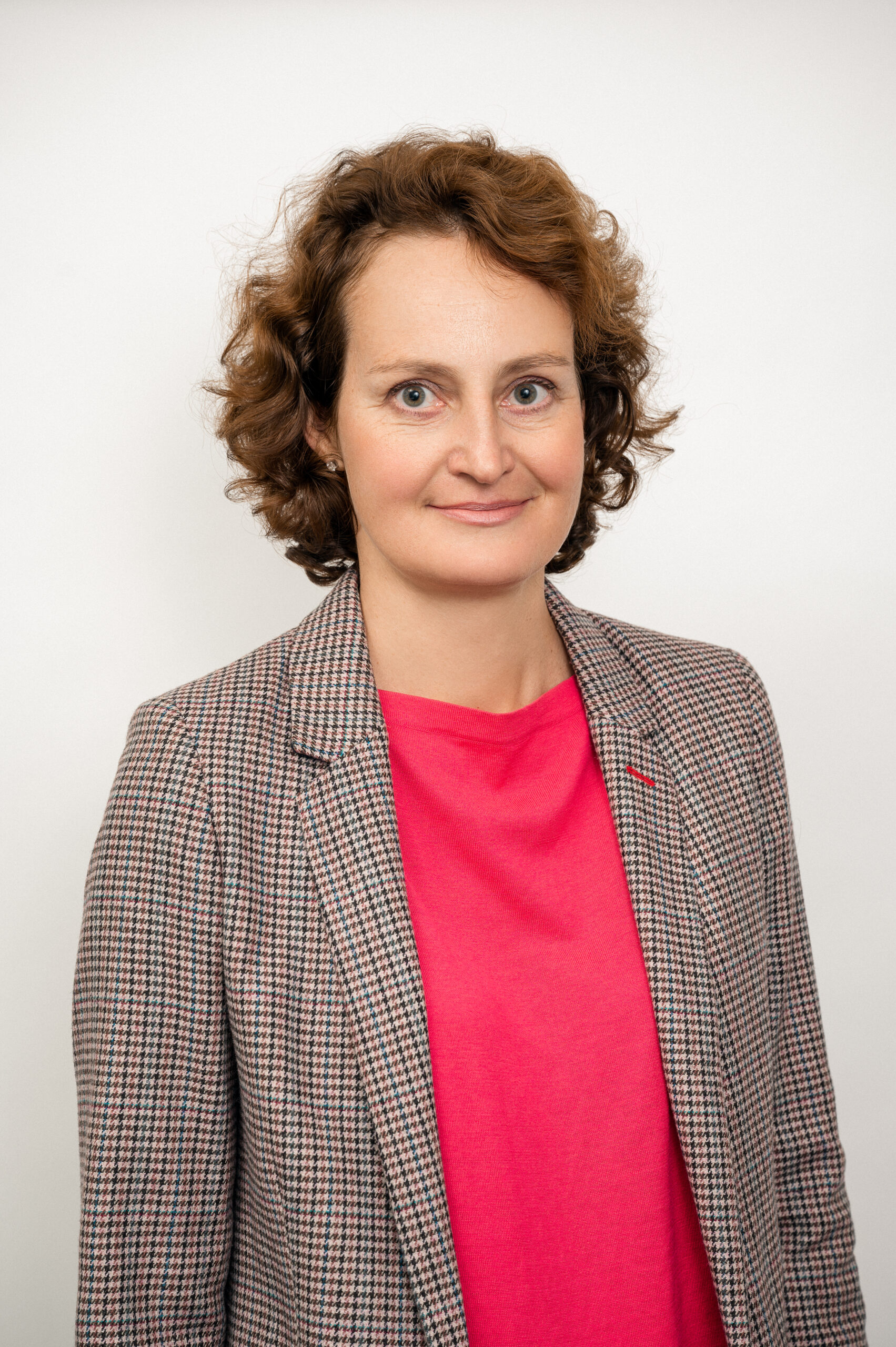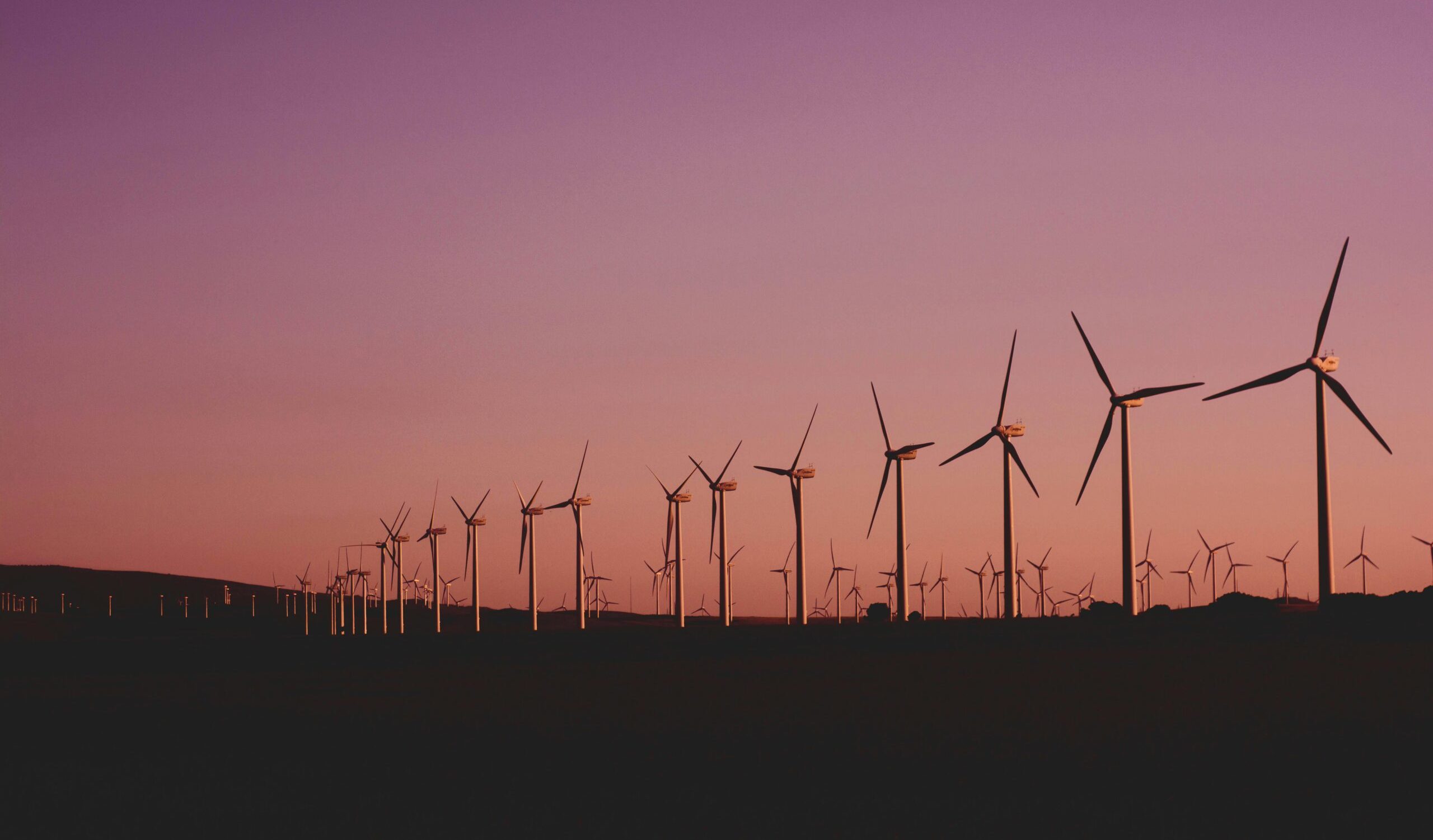Inverted Charge Crystals for New High-performance Solid State Electrolytes (In-Charge)
Project manager: Saulius Gražulis, Head of KICIS/Dr., Vilnius University
Project partners: Vilnius University and Technical University of Denmark
Most of the batteries we use today are based on non-sustainable and hazardous materials, such as cobalt and lithium. Currently, we can’t make better batteries because our understanding of the properties of the interfaces between the battery components (electrodes and electrolytes) is lacking (Atkins 2021). In-Charge therefore proposes to apply the High Throughput Computation approach to create a catalogue of material interfaces relevant to batteries (Denmark part), elaborate a comprehensive data (Lithuanian part) model to describe those interfaces and make them searchable, and offer these results as a FAIR (Wilkinson 2016) dataset for easier investigation and further experimental testing of these materials in order to find better materials for high-capacity, high-power batteries.
Prospects for Green Ammonia in Sustainable Energy Development (Amprose)
Project manager: Giedrius Laukaitis, Professor, Kaunas University of Technology
Project partners: Kaunas University of Technology, SINTEF AS, AB Achema, Yara International ASA
The AMPROSE project seeks to explore the potential of ammonia as a clean energy innovation. Industrially produced ammonia (NH3) is vital for global agriculture, supporting 40–60% of food production as a key fertilizer component. Its significance as a raw material for the fertilizer industry and its potential as an energy carrier for maritime transport underscore its strategic importance.
The project will investigate the viability of integrating renewable energy (wind, solar, etc.) into the ammonia economy for the Baltic-Nordic region.
Plastic waste conversion to methanol through water vapor plasma gasification and advanced catalytic synthesis (E-Pla2Meth)
Project manager: Rolandas Paulauskas, Chief researcher, Lithuanian Energy Institute
Project partners: Institute for Energy Technology, Lithuanian Energy Institute, Feenix Resource Recovery AS
The increasing consumerism leads to rising amounts of plastic waste, and it is estimated that 6.3 billion tons of this waste were generated globally up to 2018. Plastic waste is a high concern in the Nordic and Baltic states, as 70% of waste found in the Baltic Sea is plastic. For this reason, a lot of efforts are made to catch trash from the water and utilize it in a waste-to-energy pathway through incineration.
The aim of the project is to efficiently convert plastic waste to green methanol. The efficient conversion of plastic waste to methanol requires extensive knowledge of material sciences, thermochemical processes, and process intensification.
More information about the call
- Funded by Nordic Energy Research and the Ministry of Energy of the Republic of Lithuania
- The call aimed to fund projects focused on key clean energy technologies, where both the Baltics and the Nordics will have the most to gain from collaboration. (higlighted in the report “Baltic-Nordic Roadmap for Co-operation on Clean Energy Technologies”)
- In total, 21 qualified proposals were submitted, of which 18 were led by Lithuanian institutions
- In June 2024, three research projects were selected for funding







